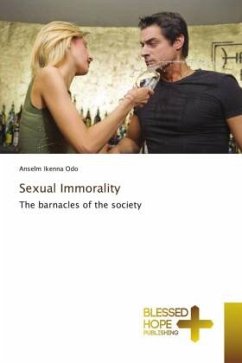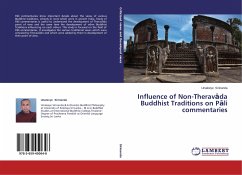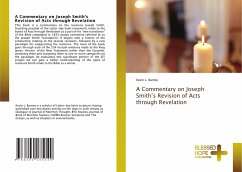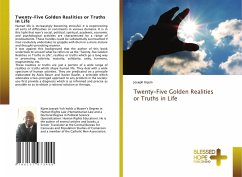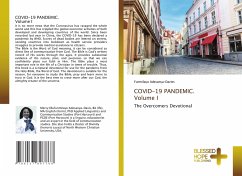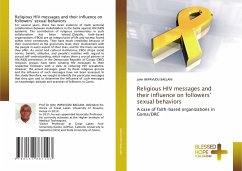
Religious HIV messages and their influence on followers' sexual behaviors
A case of faith-based organizations in Goma/DRC
Versandkostenfrei!
Versandfertig in 6-10 Tagen
24,99 €
inkl. MwSt.

PAYBACK Punkte
12 °P sammeln!
For several years, there has been evidence of multi sectorial collaboration between stakeholders in the battle against HIV/AIDS epidemic. The contribution of religious communities in such collaboration has been valued. Globally, faith-based organizations (FBOs) are an integral part of life and society, found within every community. They have much credibility because of their involvement at the grassroots level, their involvement with the people in every aspect of their lives, and for the many services they offer. As social and cultural institutions, FBOs shape social norms, beliefs, attitudes,...
For several years, there has been evidence of multi sectorial collaboration between stakeholders in the battle against HIV/AIDS epidemic. The contribution of religious communities in such collaboration has been valued. Globally, faith-based organizations (FBOs) are an integral part of life and society, found within every community. They have much credibility because of their involvement at the grassroots level, their involvement with the people in every aspect of their lives, and for the many services they offer. As social and cultural institutions, FBOs shape social norms, beliefs, attitudes, and people's realities with regard to sexual self-understanding, which makes them a crucial partner in HIV/AIDS prevention. In the Democratic Republic of Congo (DRC) religious groups have been sending HIV messages to their respective followers with a view to reducing HIV prevalence. However, the actual messages given by these religious groups and the influence of such messages have not beenassessed. In this study therefore, we sought to identify the particular messages that they give and to determine the influence of such messages on knowledge, attitude and practices of followers in Goma.



